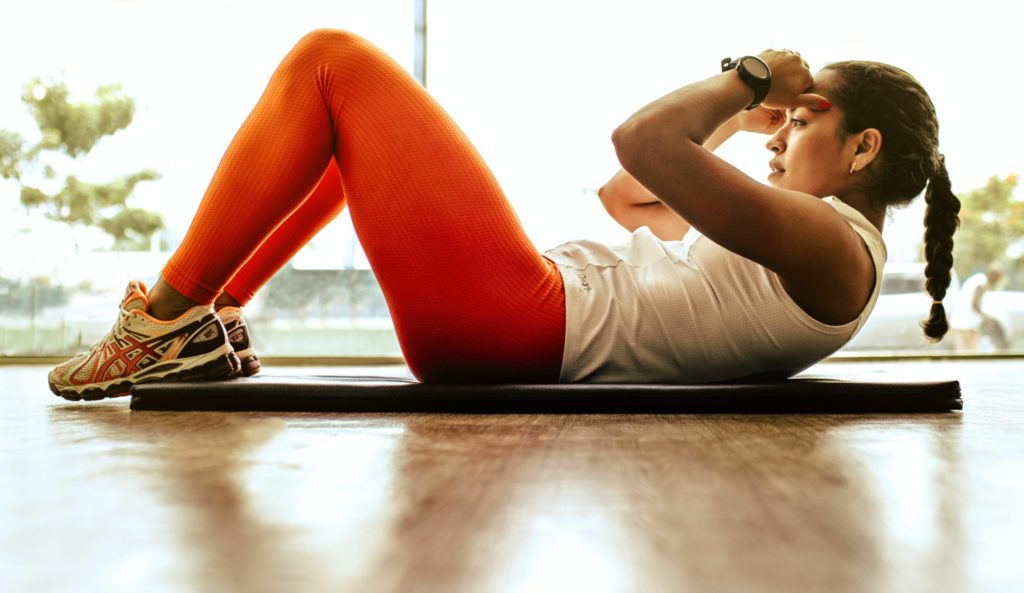Lets talk about the affects of the anti-inflammatory aspects of exercise:
It is well established that physical inactivity increases the risk of type-II diabetes, cardiovascular disease, colon cancer, breast cancer, dementia and depression.
Physical exercise, in the sense of a structured physical activity to achieve some functional or morphological objective, has an important function in the prevention of these pathologies, as it promotes several adaptations in the body. These adaptations may include changes in body composition (muscle mass, fat percentage, etc.), regulation of physiological parameters (such as heart rate and blood pressure), influence on the metabolism (anabolism and catabolism) of various substances, among others.
In addition, physical exercise influences the body´s inflammatory response, improving the body´s defences against the mechanisms linked to the appearance of the aforementioned pathologies.

In recent years, several studies have confirmed and expanded previous knowledge relating to the epidemiological associations between inflammation and certain pathologies.
We now know that chronic inflammation promotes the development of insulin resistance, atherosclerosis, neurodegeneration and tumour growth and subsequently the development of a series of diseases associated with physical inactivity.
The anti-inflammatory effects of regular exercise seem to be mediated both through a reduction in visceral fat (with a subsequent decrease in the release of adipokines, that is, proteins secreted by the adipose tissue and which can participate in the inflammation and response of the immune system) and by an anti-inflammatory environment obtained at each exercise session. The muscle that is active with the exercise produces substances that are beneficial for the prevention of inflammation, and with this it is able to inhibit the inflammatory secretions that are produced by the adipose tissue. Several studies show that inflammation markers are reduced after long-term behavioural changes that include reduced energy intake and increased physical activity.
Exercise is effectively an important approach, which, if modulated in the correct way (meaning fat mass loss and lean mass gain) can have this anti-inflammatory effect and, consequently, reduce the risk of developing diseases pathologies associated with chronic inflammatory diseases.
